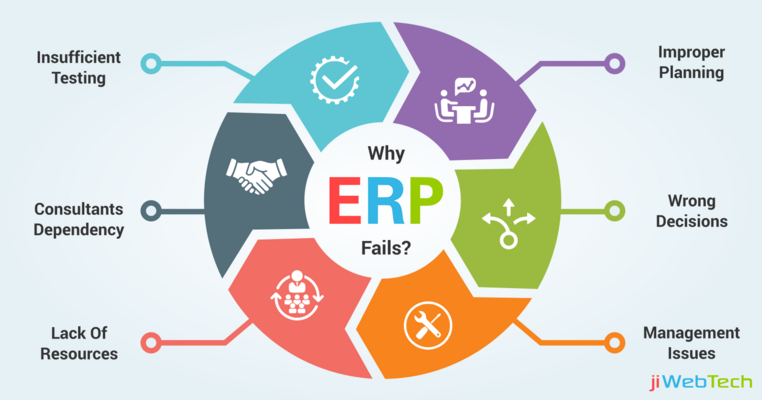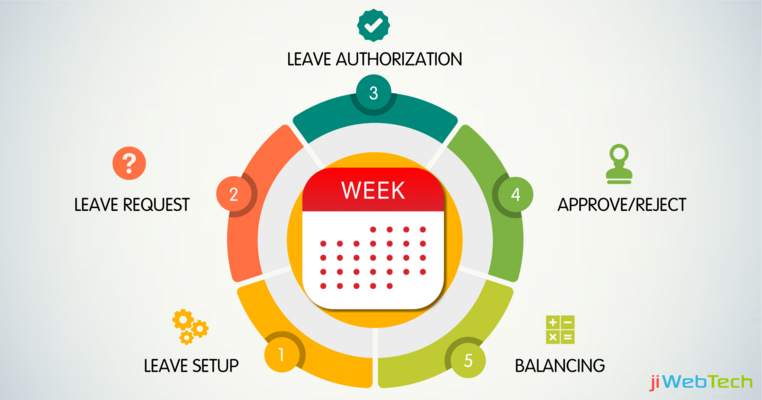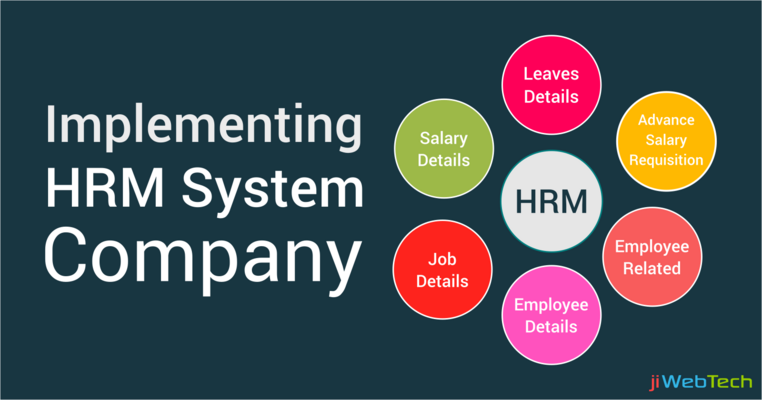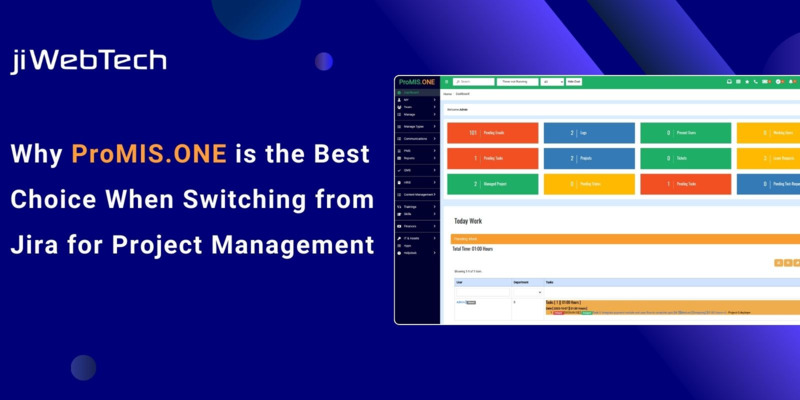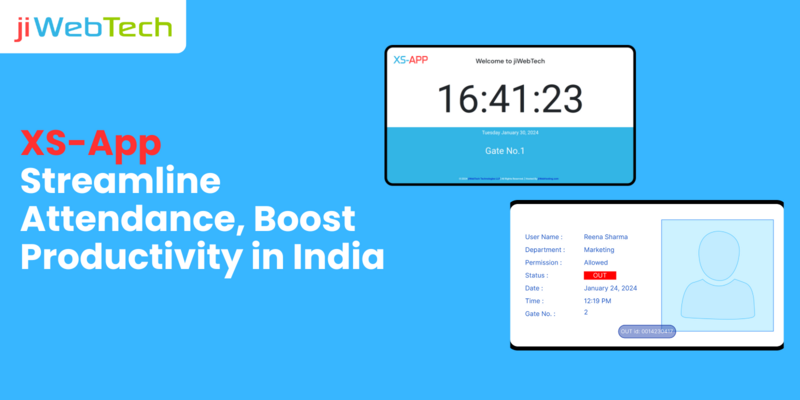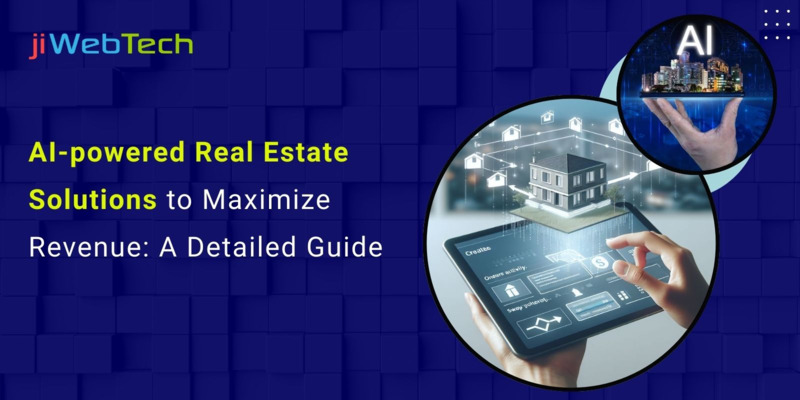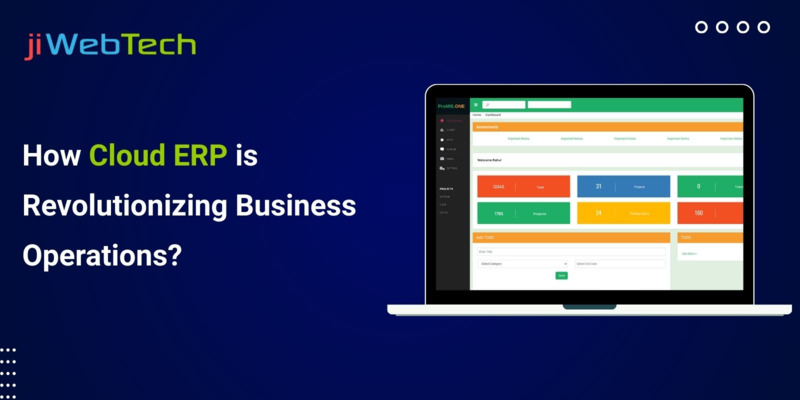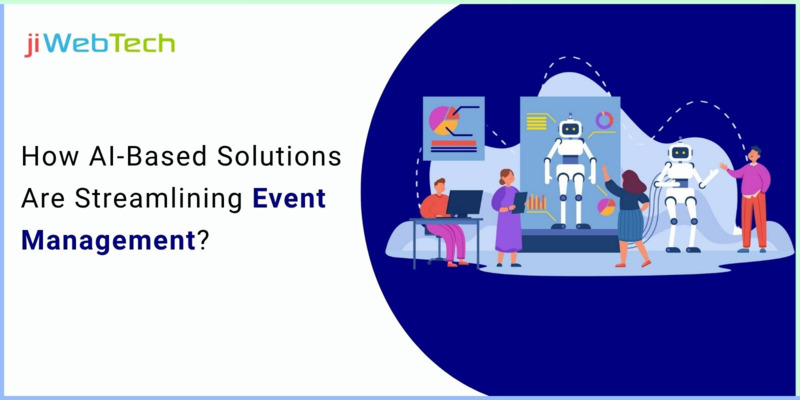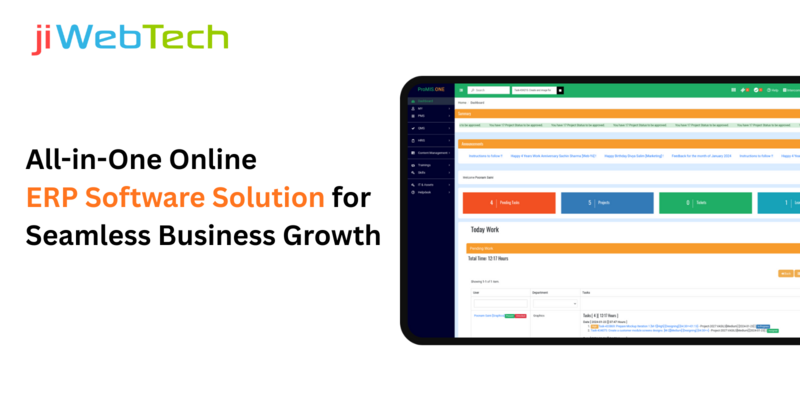- Dec 12, 2018
- Enterprise
- 4784
Share this post on:

Regardless of whether you are a project management veteran or a newbie, there are often times when you may wind up in a difficult situation. You may wonder which of the popular project management methodologies and frameworks would be the right fit for this particular task. Sometimes, even the easiest ones might play with your head, and you may think that its difficult to implement them.
While these project management methodologies and frameworks may appear to be threatening, they are not as mystifying as you may think.
Common Project Management Methodologies
With that being said, let's learn about these methodologies and frameworks in detail. By following pre-defined guidelines strictly, you can manage your projects without much of a stretch. Mentioned below are the most well-known project management methodologies and frameworks that will accomplish your objective in committed time-frame.
Waterfall
Also called linear-sequential life cycle model, Waterfall methodology focuses on arranging each development step in advance. According to this approach, it is accepted that everything required for the project can be accumulated beforehand. There is no scope of any alterations in between and after completion. Waterfall methodology is unbending and impeccably fits the projects where any later changes can add up to huge expenses. The methodology is divided into five phases, namely, requirements determination, design, usage, verification, and maintenance.
Until each phase is completed, the project cannot move to the next phase. Therefore, the total cost of the project can be effortlessly decided in this project management methodology with less probability of errors.
Scrum
Under Scrum procedure, the project is divided in short sprints. Each and every member from the group is independent to deal with their part of the job with no assistance. In this system, the focus lies on delivering the project on the due date instead of how everything must be done. Simply put, the project manager divides the task to the team based on their specializations.
On the completion of the sprint, every member is required to deliver work from their end to ensure delivery of the product. By following this iterative cycle, the project impetus is maintained, and the most valuable work can be completed without fail. Everybody has a defined purpose, and full accountability can be imposed under this strategy.
Six Sigma
Six Sigma is a methodology followed to quantify the quality of items or a process that strives for near perfection. It depends on two basic techniques - DMAIC (Define, Measure, Analyze, Improve and Control) and DMADV (Define, Measure, Analyze, Design and Verify). While DMAIC is utilized to enhance the current project process, DMADV is utilized to grow new process structures that result in defect-free performance. Under this methodology, choices are made in the beginning from existing data and statistics.
This data-driven methodology helps in eliminating defects until they no longer influence a project or its outcomes.
Critical Chain Project Management
Inspired by Dr. Goldratt’s Theory of Constraints (TOC), this methodology focuses on issues identified with project timing, performance, expanded expenses, and under-delivery, versus traditional methods of managing a project. Under CCPM methodology, the focus lies on efficient use of resources as opposed to a time limit.
So, Which Are the Best Project Management Methodologies and Frameworks?
Project management is not an easy task. A number of factors must be considered even before considering adopting a methodology. Besides, no two projects are same nor are two teams. Therefore, with regards to making a methodology work to achieve the desired results, it is a brainstorming task. The framework which has been used for one project may not be used for another project And, sometimes, more than one methodology can prove to be useful for a certain task.
With the assistance of these questions, you will have the ability to apply a portion of the methodologies immediately. However, the complex projects may require a little experimentation. So, even if one methodology does not work for you, try another until you find the one that works best for you.
